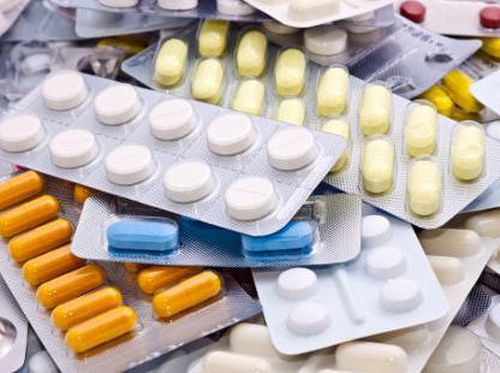In fact, this link is indeed found in those who consume painkillers on the market such as ibuprofen, but consumed with high doses.
This conclusion was obtained after the researchers analyzed data from 446,763 participants who were prescribed NSAID painkillers (non-steroidal anti-inflammatory drugs) such as ibuprofen, diclofenac, celecoxib and naproxen from doctors.
Study: Drinking High Doses Pain Relief Can Trigger Heart Attack
At the end of the study, there were reported 61,460 participants who had had a heart attack at least once. "We found that painkillers on the market could trigger an increased risk of a similar heart attack," said lead researcher Dr. Michele Bally of the University of Montreal Hospital Research Center, CNN reported.
But the magnitude of the risk of heart attack is determined by the dose and duration of consumption. For example, for one-week consumption, the greatest risk is seen in participants taking rofecoxib, diclofenac, ibuprofen and celecoxib, which is about 50 percent, regardless of dose.
While at higher doses, naproxen resulted in an increased risk of heart attack by 75 percent in a month with doses above 1,200 milligrams per day. However, if the dose is reduced to 750 milligrams and consumed in a week, the risk of heart attack can reach 83 percent.
But this risk can still go down if the pain medication is no longer taken. Longer avoided, the risk is reduced, with the greatest risk reduction if no longer taken between 30 days to one year.
But researchers suspect this drug is not necessarily the main cause of heart attack, but there are other factors.
Stephen Evans, of London School of Hygiene and Tropical Medicine, questioned why lifestyle factors such as smoking and body mass index (BMI) are not taken into account by researchers, which is probably the real trigger.
At least this study again reminded that the risk of heart disease in drinking painkillers do exist. In previous studies, the consumption of painkillers has been linked to the risk of heart disease and stroke.
Medical guidelines in the UK have also confirmed, heart disease patients should take NSAIDs carefully. Even in patients with severe cardiac disorders, this drug really should not be touched.
This warning also applies to those who purchase pain relief medicines freely or without a prescription, especially if these are consumed in high doses or higher than the recommended dosage.
